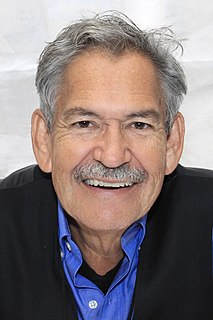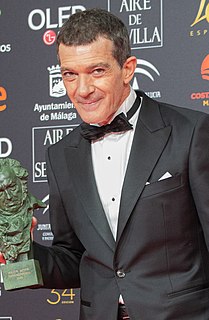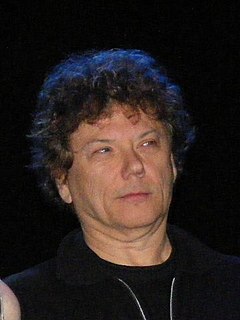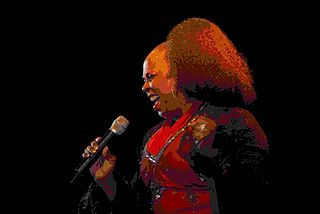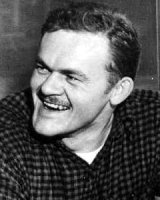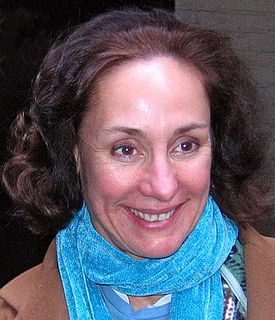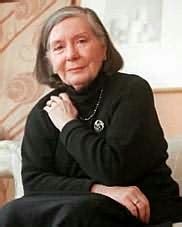A Quote by Oscar Wilde
My writing has gone to bits - like my character. I am simply a self-conscious nerve in pain.
Related Quotes
Simply put, meta-writing is writing that is self-conscious, self-reflective, and aware of itself as an artifice. The writer is aware she's writing, and she's aware there's a reader, which goes all the way back to Montaigne's often-used address "dear reader," or his brief introduction to Essais: "To the Reader." It can be done in a myriad of ways.
Writing, for me, when I'm writing in the first-person, is like a form of acting. So as I'm writing, the character or self I'm writing about and my whole self - when I began the book - become entwined. It's soon hard to tell them apart. The voice I'm trying to explore directs my own perceptions and thoughts.
It's a complex thing when you're writing a novel, because so much of it is conscious and planned and deliberate, and so much of it is not, and it has to be a dance between the conscious and the unconscious. I bring my best instincts to my work. For instance - and I come by this naturally, or I think I do - I am a very good judge of character.
I have been a writer since 1949. I am self-taught. I have no theories about writing that might help others. When I write, I simply become what I seemingly must become. I am six feet two and weigh nearly two hundred pounds and am badly coordinated, except when I swim. All that borrowed meat does the writing. In the water I am beautiful.
I think a lot of acting is about the removal of self-consciousness. The actor is going to be in front of a lot of people, and will naturally feel self-conscious. So a lot of the preparation for that is the removal of that idea. Like you embody or are connected to this character, therefore you can present this character in a way that eventually, when you come back to see it, you feel not exactly ashamed of.
People with self-respect exhibit a certain toughness, a kind of moral nerve; they display what was once called *character,* a quality which, although approved in the abstract, sometimes loses ground to the other, more instantly negotiable virtues.... character--the willingness to accept responsibility for one's own life--is the source from which self-respect springs.
He knew how to handle pain. You had to lie down with pain, not draw back away from it. You let yourself sort of move around the outside edge of pain like with cold water until you finally got up your nerve to take yourself in hand. Then you took a deep breath and dove in and let yourself sink down it clear to the bottom. And after you had been down inside pain a while you found that like with cold water it was not nearly as cold as you had thought it was when your muscles were cringing themselves away from the outside edge of it as you moved around it trying to get up your nerve. He knew pain.
Once the pain-body has taken you over, you want more pain. You become a victim or a perpetrator. You want to inflict pain, or you want to suffer pain, or both. There isn't really much difference between the two. You are not conscious of this, of course, and will vehemently claim that you do not want pain. But look closely and you will find that your thinking and behavior are designed to keep the pain going, for yourself and others. If you were truly conscious of it, the pattern would dissolve, for to want more pain is insanity, and nobody is consciously insane.




